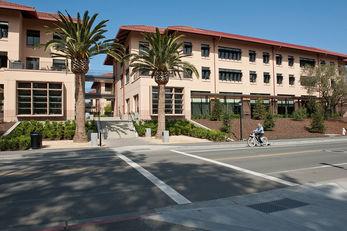Go back
LGBTQ Executive Leadership Program
Locations
Online
Stanford Graduate School of Business
Want full info about LGBTQ Executive Leadership Program?
Detailed description and dates
Unbiased reviews from past participants
Global companies alumni of this course worked for
Positions of participants who took this course
Countries where most past participants are from
Bonus: Individual needs analysis
